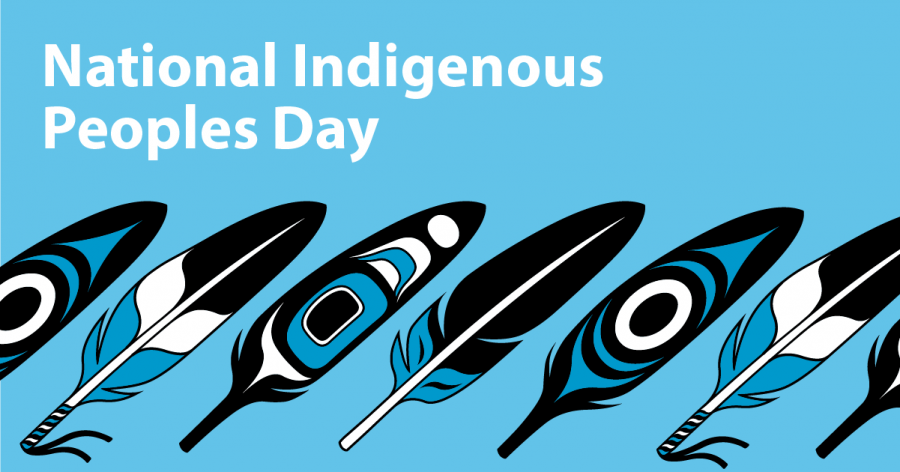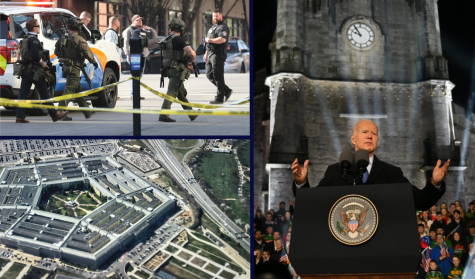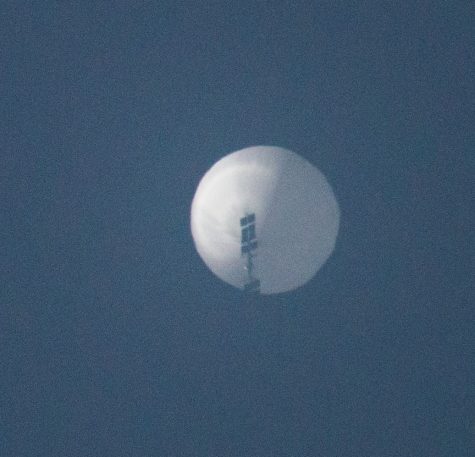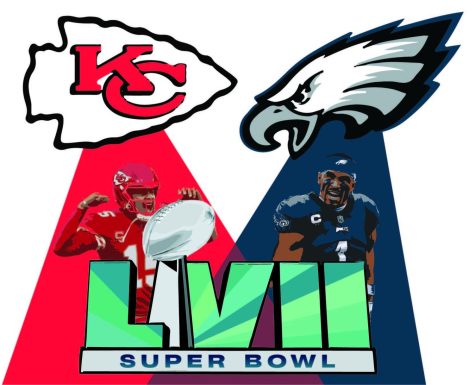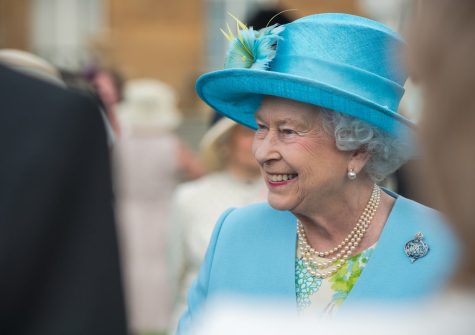Indigenous People’s Day
The Columbus Day alternative gains traction around the country
For decades, many states across the country celebrated Columbus Day on the second Monday of October. Beginning not long after the holiday was founded in 1934, however, backlash from Indigenous groups arose through the Pan-Indian and “Red Power” campaigns. A push to abolish Columbus Day starting in the 1960s led to a movement in the last fifteen years to not only abolish the holiday, but replace it with a holiday for Native peoples in the Americas. Today, Columbus Day, a holiday initially instituted as a day for Italian Americans to celebrate a brave hero and ancestor, has turned into a day of contention, as Christopher Columbus’ questionable past has come into the spotlight.
This year, President Joe Biden issued a proclamation declaring October 11 Indigenous Peoples’ Day, making him the first U.S. president to do so. Biden’s proclamation, however, is nothing more than a proclamation at this point. Indigenous Peoples’ Day is not a federal holiday right now, and Columbus Day, although not a paid holiday in twenty-nine states, remains a federal holiday. Two conjoined bills in the Senate and House, sponsored by Senators Martin Heinrich (D-N.M.) and Ben Ray Lujan (D-N.M.) as well as Representative Norma Torres (D-Calif.) have the potential to make Indigenous Peoples’ Day take the place of Columbus Day as a federal holiday on the second Monday of October.
While Indigenous Peoples’ Day is not a federal holiday, eleven states, including New Mexico, recognize the holiday as a paid state holiday either in place of Columbus Day or along with Columbus Day. The first state to change the holiday was South Dakota in 1990, when then-Governor George S. Mickelson declared the second Monday of October Native American Day. New Mexico replaced Columbus Day with Indigenous Peoples’ Day in April 2019 in a bill that passed the state legislature with ease, joining several other states that had already made the switch. Some cities also recognize Indigenous Peoples’ Day in place of Columbus Day, including the city named for him, Columbus, Ohio. Support for the long-idolized champion of discovery appears to be waning, and a new age of recognizing those in the United States long before Columbus is creeping in.

Darin Eberhardt '25 has been working with the Advocate since 7th grade and joined the Editorial Board in early 2023. Always finding ways to keep his schedule...


